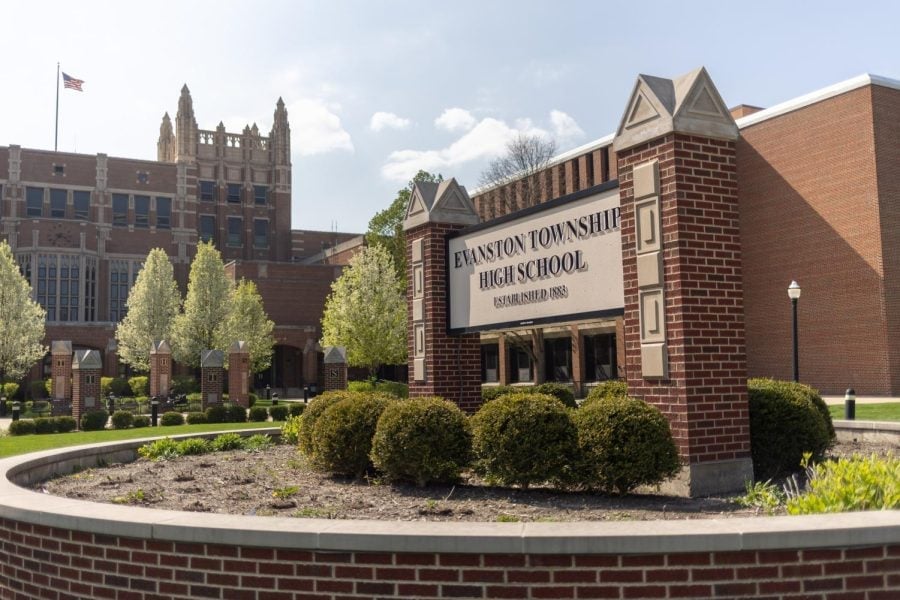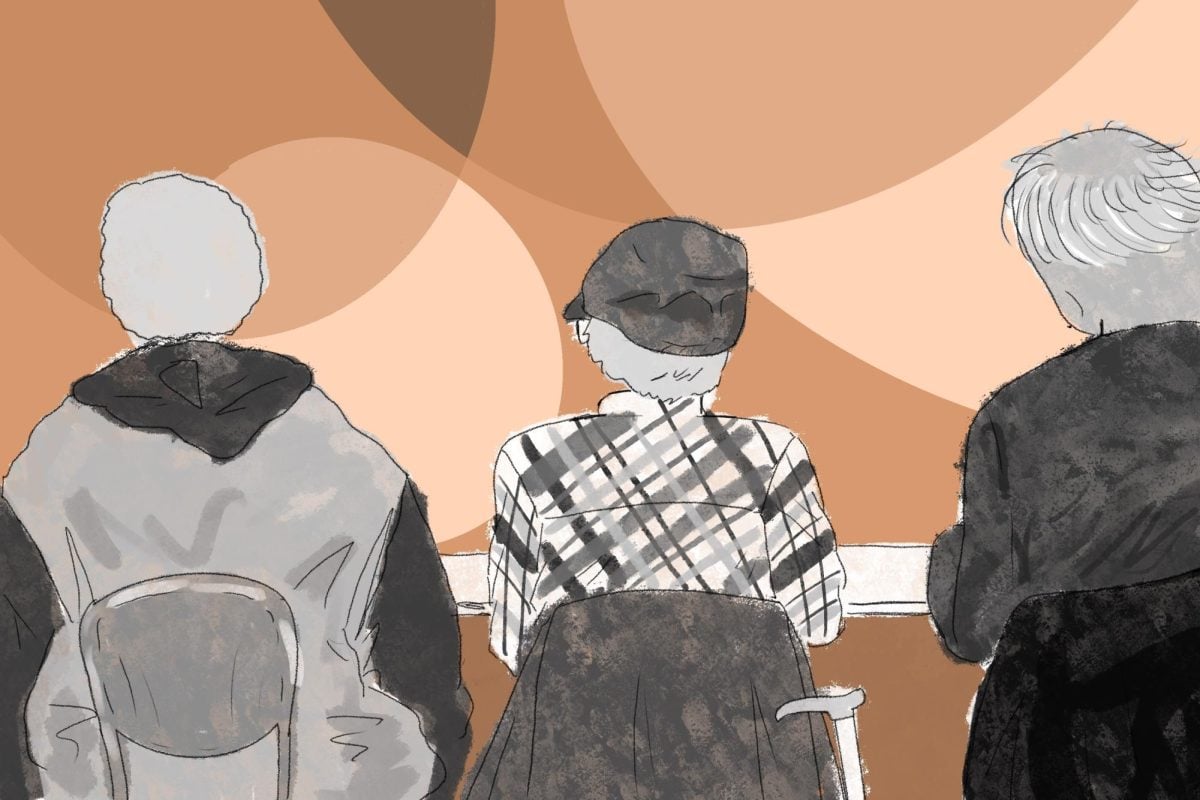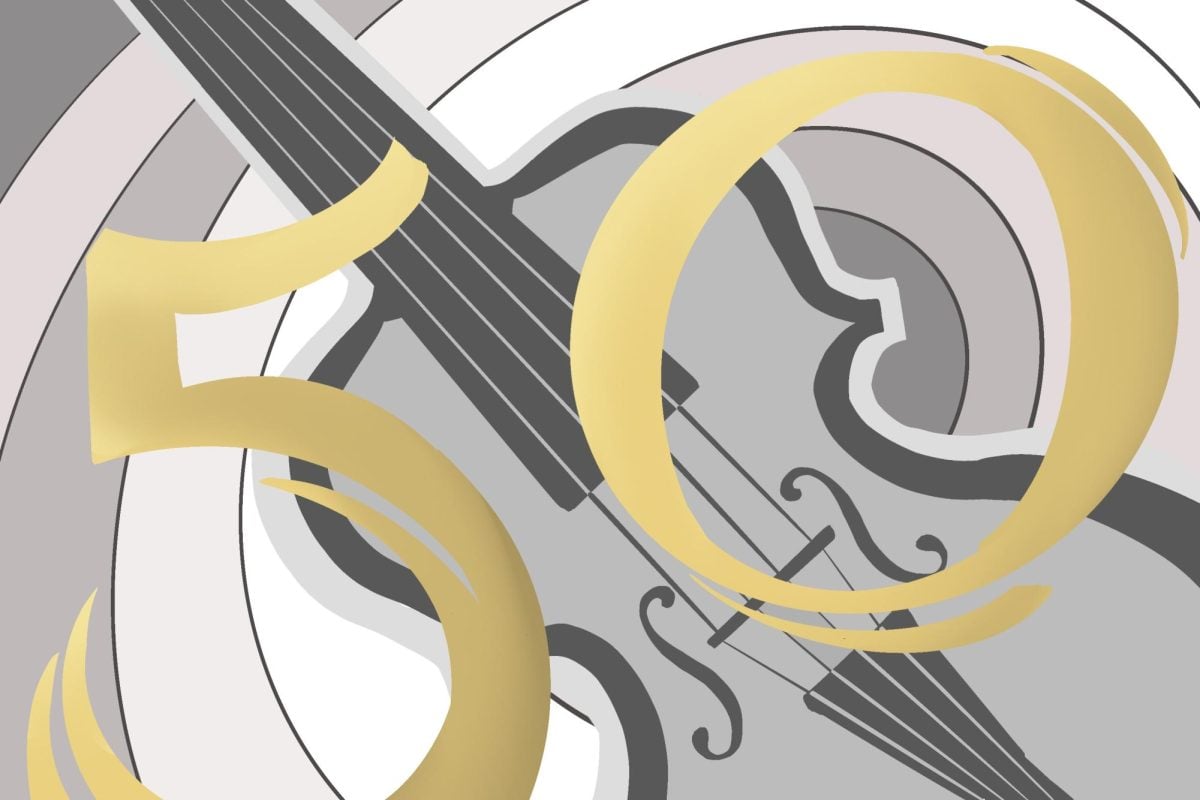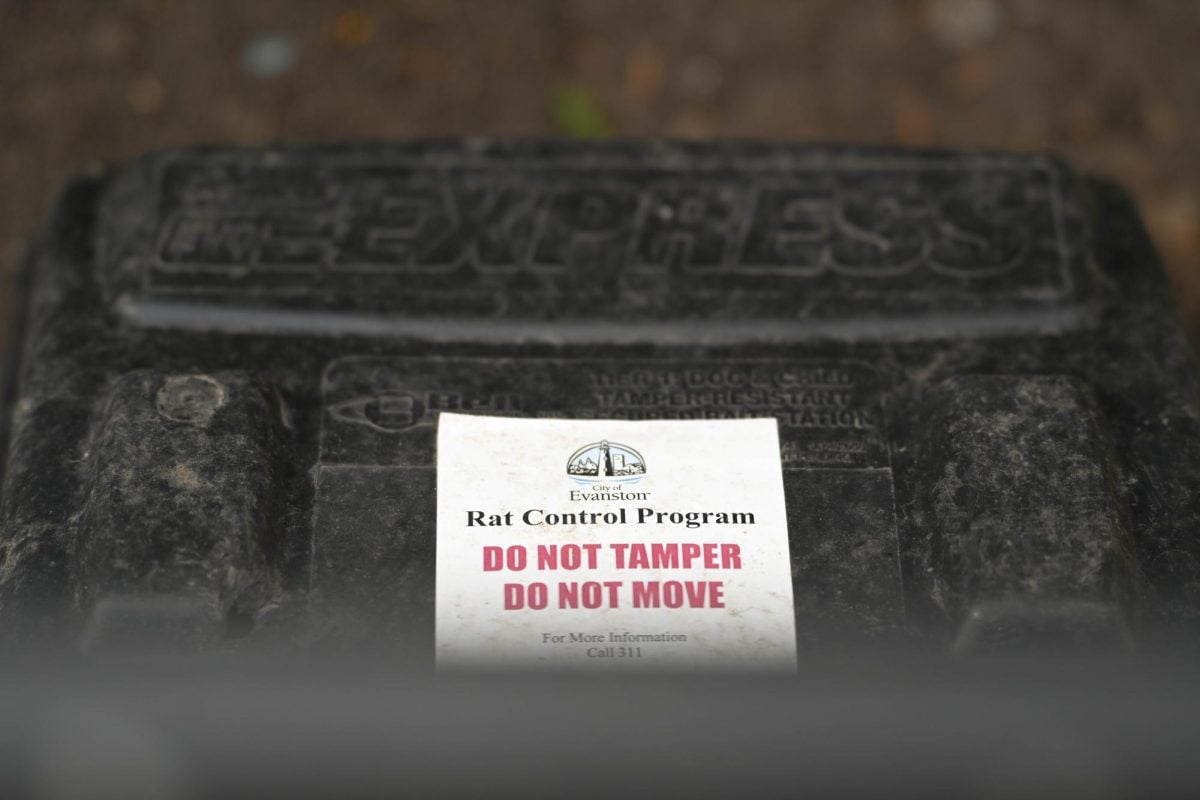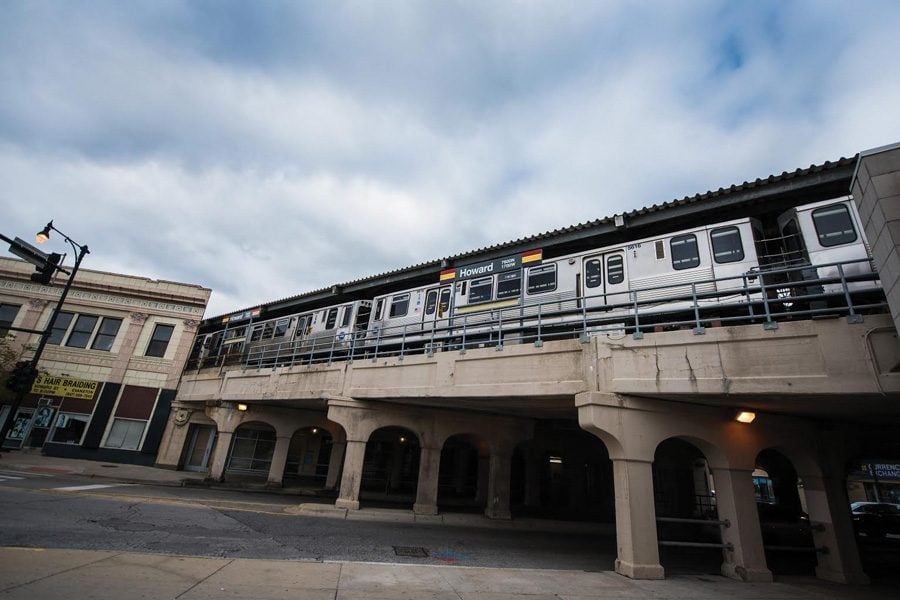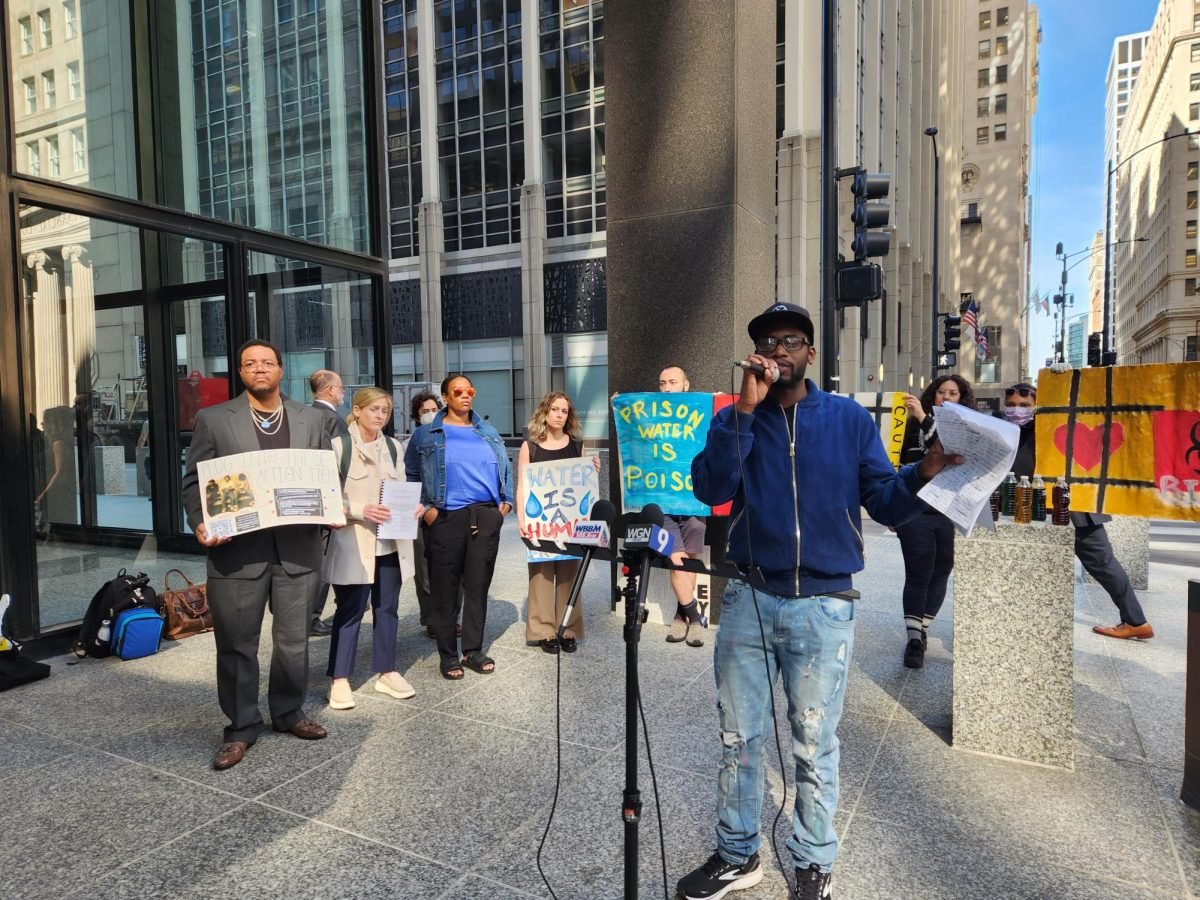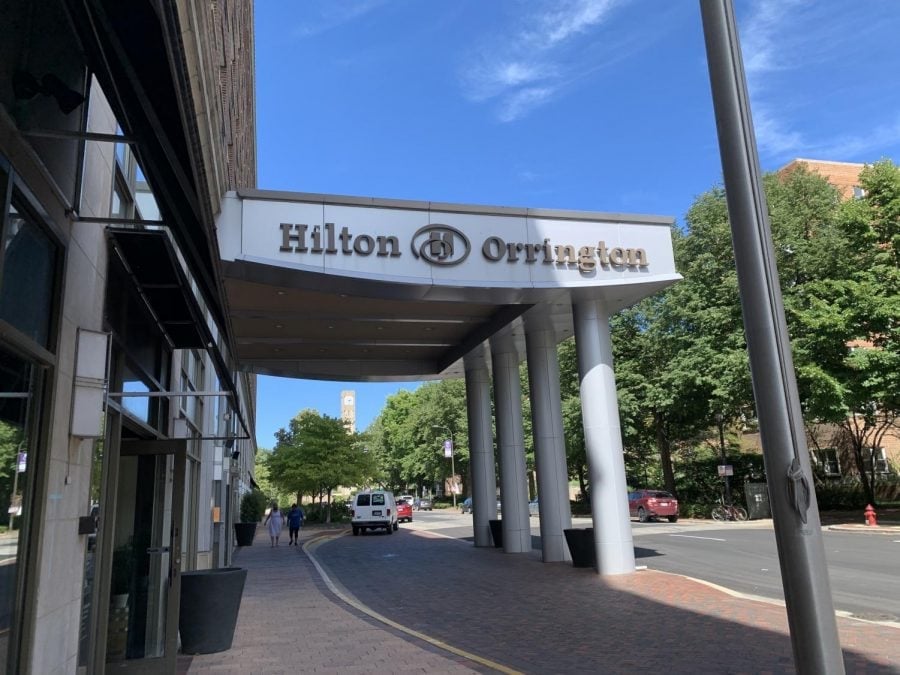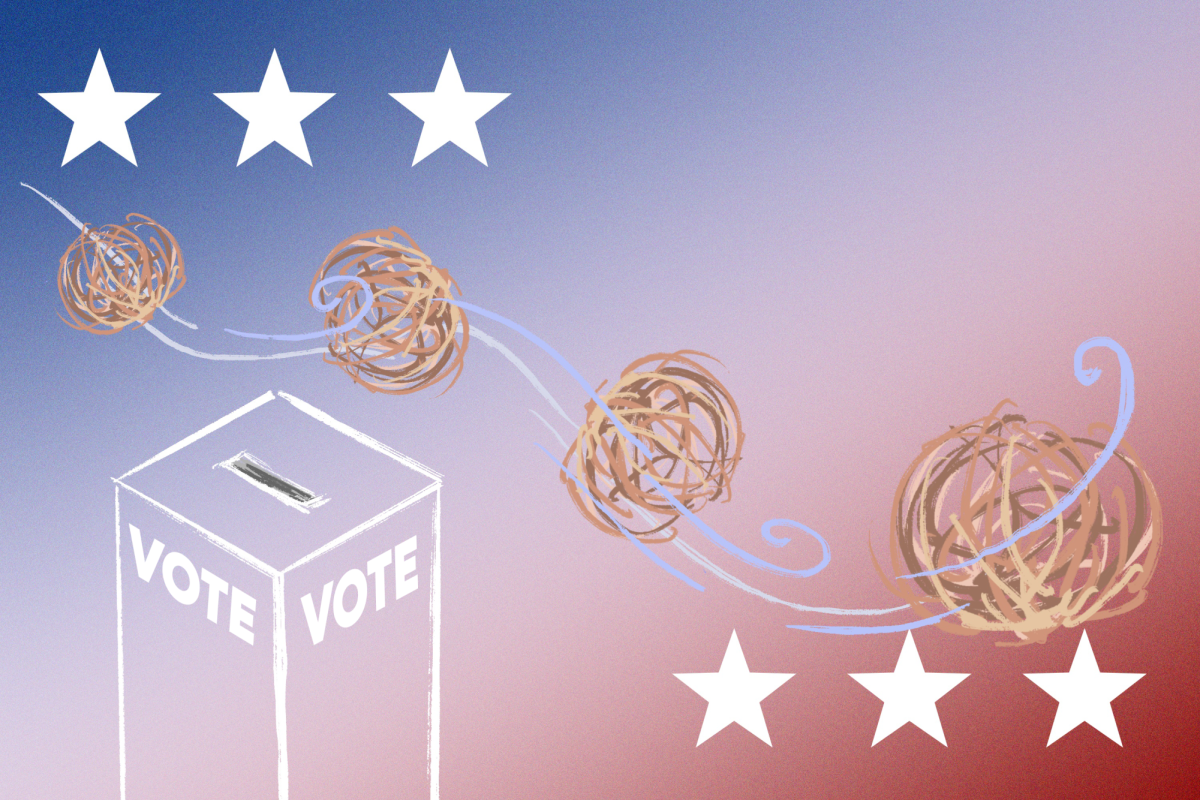State legislators emphasized early childhood education, student health care and workforce development during a free forum Thursday night at the District 65 administration center.
The public discussion, orginally slated for 7 to 8:30 p.m., ran long as more than 40 attendees weighed in on the topics at hand.
State Sen. Jeff Schoenberg (D-Evanston) and State Reps. Robyn Gabel (D-Evanston) and Daniel Biss (D-Evanston) joined members of the Legislative Task Force of District 65 and 202 to moderate the forum.
The meeting stemmed from an similar forum held by legislators in July to discuss the same topics.
Bob Hewer, co-chair of the task force, said the goals of the meeting were to generate ideas for legislators to create discussion in the nation’s capitol.
“The goal here was really about assembling a parade,” he said. “They (legislators) can be a lot more effective if we can align a number of coalitions who are interested in particular issues and can see how their issues relate to the next one.”
Each legislator introduced a single topic: Schoenberg brought up health care, Gabel talked about the importance of early childhood education and Biss discussed improvements in workforce development.
Afterward, attendees were able to ask questions and offer suggestions to promote better opportunities for children.
Several attendees specifically discussed initiatives to improve health and education among children. Some brought up initiatives by Evanston-based groups like the YMCA and United Way to educate parents about obesity and the benefits early childhood education.
State and federal education budgets were also discussed extensively. Gabel compared the painful fiscal situation to a joke among those in the health care community: “Do you cut off a finger or do you cut off a hand?”
However, she and others said money is available but it is not being used effectively. For example, the same amount of money is being placed in early childhood education programs as high school programs, but the former programs are experiencing far “greater gains,” Gabel said.
Attendees also considered the possibility of reallocating funds from places like juvenile detention facilities and GED programs to other, more worthwhile initiatives.
“Our resources are extremely constrained,” Biss said. “Having the harshness (of the conversation) match the fiscal reality forces us to have a painful conversation of this versus that.”
After the forum, Schoenberg said the next step is to mobilize education advocates in Evanston.
“The most important step is the greater alignment of resources within the community and determine how local institutions and nonprofit organizations can better integrate their services to the community,” he said.
Judith Treadway, a parent liaison for District 65, said the forum provided constructive discussion, but it may have strayed too far from the original topics.
She said she felt having more communication between doctors and people who make home visits, which some speakers praised, would be a better step for child health care.
However, Treadway said she was unsure if the topics on the agenda, such as student achievement, were even discussed.
“It brought up some good things,” she said, “but it makes it difficult in how we interpret it.”

